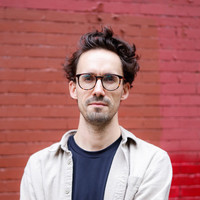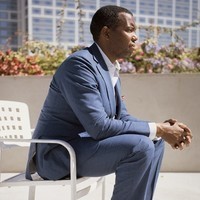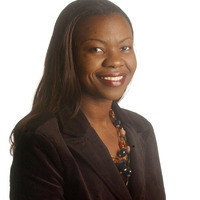Joseph Cox is a cybersecurity journalist and co-founder of 404 Media. His new book is Dark Wire: The Incredible True Story of the Largest Sting Operation Ever.
“In the not too distant future, I will be a very old man, and maybe I won't be able to spend all day talking to drug traffickers. I will be mentally and physically exhausted. So I will doggedly pursue the story right now while I can.”









